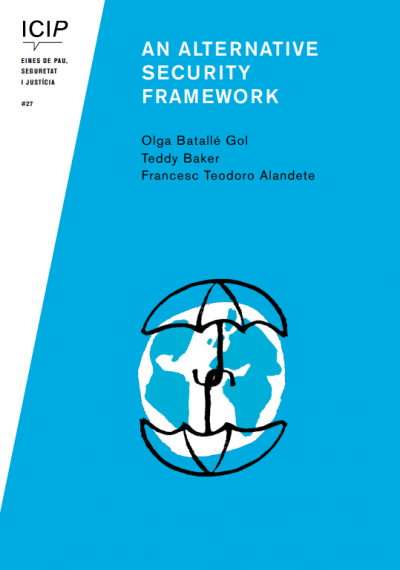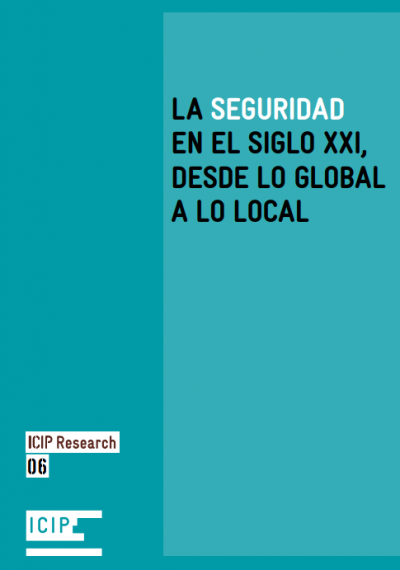Redefine Security
Security is one of the most discussed socio-political notions in the contemporary world. However, discourses on security have traditionally been linked to physical protection – in its personal dimension – and to the state’s integrity – in its political dimension. This classic idea has assumed that talking about security is mainly equivalent to “national defence” and the “presence of police and military forces” in public life. Under this framework, war and armed response, social control and repression are legitimized and assumed as inevitable.
We then ask ourselves: What other ways are there to understand security? Are there realistic definitions for approaching security from a peace perspective? What limitations do they have?
We analyze approaches rooted in guaranteeing the well-being of all people and territories, shifting investment and trust from punitive mechanisms to social mechanisms, exploring the root causes of violence, promoting peaceful means and dialogue, and co-responsibility and interdependence among various actors.



